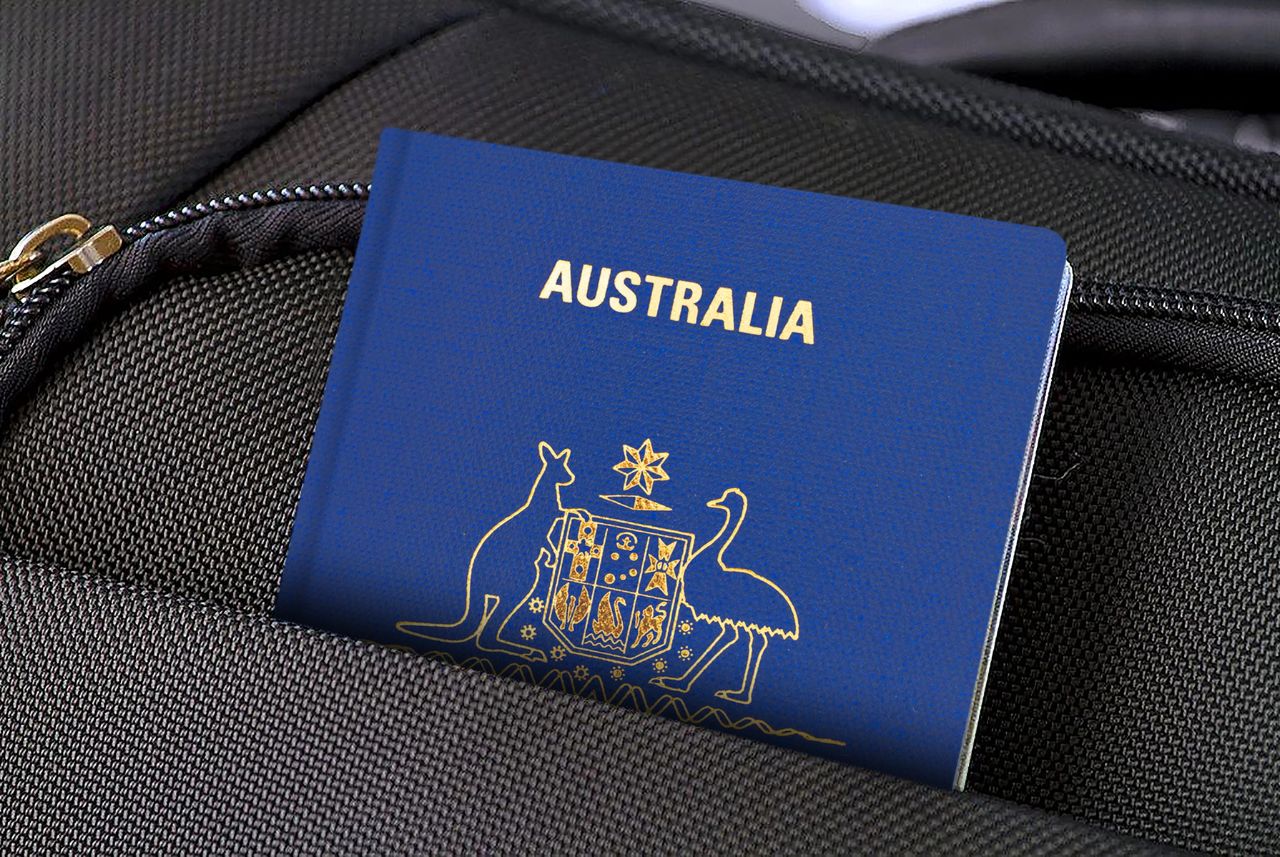Our corporate immigration clients tell us that recruiting and retaining top talent is a key priority for their business. We understand that many businesses need to look to non-citizen workers to address this priority.
The visa process can be time consuming and a potentially risky process for a business to navigate without experienced legal support.
Kindra Migration Lawyers provides specialised and commercially minded corporate migration services. From individual visa applications, to ongoing support and auditing services, we can help with all your corporate immigration needs.
Your dedicated immigration lawyer will ensure you receive high quality and timely legal services.
Frequently Asked Questions
Types of corporate immigration assistance
Kindra Migration Lawyers advises employers on a range of different employer sponsored and employer supported visas. We also advise on individual visa options, where this may be a more suitable pathway for an individual.
Common corporate immigration visas that we advise employers on include:
Temporary visas
- Skills In Demand (SID) (subclass 482) visa
- Core Skills Stream
- Specialist Skills Stream
- Labour Agreement Stream
- Skilled Employer Sponsored Regional Provisional visa (subclass 494)
- Temporary Work (Short Stay) (subclass 400) visa
- Training (subclass 407) visa
- Working Holiday visa (subclass 417)
Permanent visas
- Employer Nomination Scheme (subclass 186) visa
- Temporary Residence Transition Stream
- Direct Entry Stream
- Labour Agreement Stream
- Global Talent Employer Sponsored
What are the most common visas that your corporate immigration clients seek advice on?
It is common for Australian businesses to employ non-citizens holding different visas or to recruit international talent to fill a skills requirement in their business. Our corporate immigration clients therefore come to us for advice on a range of Australian visas and immigration issues.
Some businesses may have limited knowledge of the Australian migration system or specific Australian visas. It may be that the business is looking to employ someone on a visa or has identified a person outside of Australia they would like to recruit but they don’t know how to start the process. In these situations, we advise the business on potential visa options and the business implications of those visas. Whatever the situation is, we are able to confidently advise our corporate immigration clients on their migration needs, taking into account their unique business requirements.
The most common visas we advise our corporate immigration clients on are:
Working Holiday visa (subclass 417)
This is a common temporary visa held by people between the ages of 18 and 35 who are working in Australia. Many of our corporate immigration clients hire people holding a subclass 417 visa for a 6-month position. We advise on a range of scenarios involving this visa, including how to extend the 6-month work restriction and sponsorship options to keep the visa holder in the business long-term.
This is a temporary employer sponsored visa and is the most common visa we advise our corporate immigration clients on. We advise on the visa eligibility requirements, the application process and the ongoing sponsorship obligations for the employer when it has staff holding this visa. Some corporate immigration clients come to us for assistance with Australian Border Force investigations and issues of non-compliance with sponsorship obligations.
This is a permanent employer sponsored visa and is liked by businesses as it provides certainty that the employee they are investing in, and training can stay long-term in their business. We advise on a range of issues, including the eligibility requirements, the application process and the sponsorship obligations for the employer.
We are experts at supporting General Managers, Human Resources Managers and Recruiters through the migration process by providing important commercially minded advice to support their business. We offer HR support and auditing services to our corporate immigration clients to ensure they receive ongoing support or a review of their business migration needs as required.
What is the process and requirements for an employer sponsored visa?
Employer sponsored visas can be temporary or permanent visas sponsored by your employer. These visas typically involve two or three steps:
For your employer:
- Be, or apply to be, a Standard Business Sponsor (for temporary visa applications): show that your company is lawfully and actively operating
- Nominate the role and the visa applicant for a visa: show that the role cannot be filled by the local labour market, the salary is at the market rate, and the terms/conditions of employment are no less favourable than those offered to Australian citizens and permanent residents
For the visa applicant:
- Apply for a visa and show you have the skills, qualifications and English language ability for the role.
These steps can all be done at the same time but must be lodged with the Department in the above order.
In some cases, additional or alternative steps may be required for a sponsored visa. For example, a Labour Agreement with the Department of Home Affairs might be required, or a Skills Assessment might be required to accompany the visa application.
Is it possible to appeal a corporate immigration visa decision?
Most Australian visa refusal decisions have the right to be appealed. If your business has had an application refused, you may be able to appeal the refusal decision to a tribunal or a court.
Our migration lawyers are experts at advising your business on the prospects of success of appealing the sponsorship, nomination or visa refusal decision and whether there are better alternatives. It is important that you obtain comprehensive advice as soon as you receive a refusal decision because appeals can be costly and take a lot of time to process. In some cases there may be a better alternative to appealing the refusal decision that will save your business time and money in the long run.
You should read the notice accompanying the visa decision carefully as it will advise you of three key pieces of information, being:
- If your business has the right to appeal the decision
- The timeframe available to lodge the appeal
- The relevant appeal body the appeal should be directed to
If the letter does not outline this information, we recommend that you obtain legal advice.
The most common place to appeal a sponsorship, nomination or sponsored visa refusal decision is to the Administrative Review Tribunal (ART) (formerly the Administrative Appeals Tribunal or AAT). There are strict time limits when appealing to the ART so it is very important to read the appeal deadline in your refusal letter carefully. Unfortunately, ART appeal deadlines cannot be extended. You can read more about this process on our Administrative Review Tribunal page.
Some refusal decisions are appealed to the courts instead. For example, when the Minister for Immigration personally decides to refuse a visa based on character grounds. You can read more about this process on our Court appeals page.
If you are intending to seek legal assistance with your appeal, we recommend you do so as early as possible.
Book your free 10 minute consultation online now with one of our immigration lawyers to discuss your options when applying for and managing corporate immigration and employer sponsored visas.

